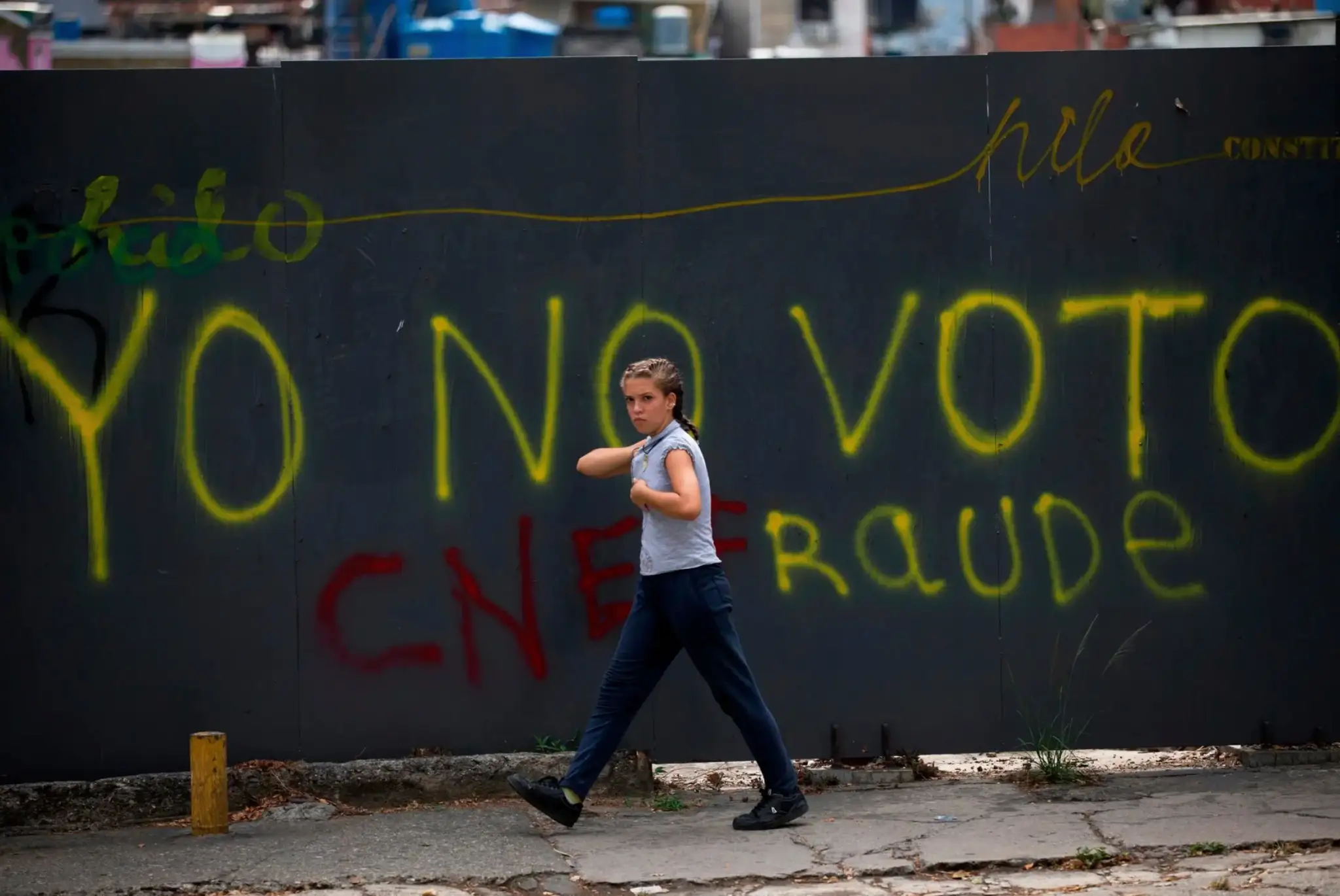“Elections are not exclusive to democratic regimes”. I am dedicated to democratic analysis and promotion, and I resort to this sentence every time I realize the functioning of authoritarianism. There is a worldwide consensus that democracy is the best system of government and that elections are the best mechanism to anoint authorities with legitimacy. Contradicting this can be extremely costly for anyone. That is why governments such as those of Cuba, Venezuela, or Nicaragua, although clearly autocratic, define themselves as democratic and hold elections.
Another phrase I keep coming back to is “elections are necessary, but not sufficient for a regime to be considered democratic”. Nothing new, but sometimes it is necessary to remember that China and North Korea also hold elections.
For example, in a recent interview, President Lula Da Silva suggested that Maduro’s government is democratic because “in Venezuela, there are more elections than in Brazil”. So, in autocratic regimes, elections are held with certain characteristics. While in democracies there is uncertainty in the results, in autocracies the results are known in advance.
In order for this to happen, autocrats implement different strategies: limiting the electoral offer and the freedom of the press, of association and of demonstration, and intervening in the electoral bodies, among others.
In Venezuela, a consolidated autocracy, elections are constantly held under these circumstances. One of the tools of the regime is the disqualification of candidates, that is, making it impossible for people to exercise their political right to run for elected office.
The Government Accountability Office has been the institution in charge of doing a dirty job, functioning as an executing arm of the United Socialist Party of Venezuela (PSUV). It is no coincidence that the person who until a few days ago headed this office, promoting disqualifications such as those of María Corina Machado or Freddy Superlano, has been appointed president of the National Electoral Council in view of the general elections of 2024.
Throughout these more than two decades of Chavism and Madurism, the opposition has designed different mechanisms to coordinate its efforts and establish a unitary strategy, especially in electoral contexts. In this case, a National Primary Commission (CNP) was constituted to organize elections to be held on October 22, from which a candidate will emerge to face Maduro in 2024.
One of the principles in the configuration of the CNP was that an illegal disqualification would not condition participation, understanding that authoritarian rules cannot define a democratic exercise. Thus, Henrique Capriles, María Corina Machado, and Freddy Superlano registered as candidates.
As of today, and in a sustained manner during the last months, Machado is leading the polls with a resounding difference over the rest of the competitors. Far behind, Capriles and Superlano also figure within the preferences of the electorate.
If the rules of the game were clear from the beginning, i.e., disqualifications would not prevent her from competing, and if the popular will is so clear in favor of Machado, why are some candidates and parties seeking mechanisms for an eventual substitution of a disqualified candidacy?
The rational argument is that if in the presidential elections, the winner of the primaries cannot register his candidacy due to disqualification, a contingency plan must be conceived. But this also means that it will be the autocratic government and not the majority of Venezuelans who will select the opposition candidacy.
This argument assumes that a qualified candidate, as opposed to an unqualified one, can compete, win, assume, and promote a democratic transition. To those who share this position, it would be convenient to ask them: Do they not remember that the opposition has won elections, with qualified candidates, and they have not been allowed to assume? Do they not remember that in 2015 the opposition won two-thirds of the National Assembly and the government ignored the results? Do they not remember that Andres Velazquez won the elections in the State of Bolivar in 2017 and they grossly manipulated the results? Do they not remember that Superlano won the elections in the State of Barinas in 2021 and was subsequently disqualified so that he would not assume?
Autocratic regimes have a wide tools repertoire to sustain themselves in power, and they can use them before or after the election. At this point, it is naive and irresponsible to think that the possible democratic transition of Venezuela passes through the delegation of a qualified candidacy.
To confront an autocratic regime, it is necessary to have more than a qualified candidate: it is necessary to be a real alternative of power that is threatening, that has national and international popular support, to provoke a cracking of the dominant coalition and force the different sectors that make it up to negotiate considering the imminence of a change.
In a context such as the current one, after years of depoliticization and demobilization, discarding the candidacy that generates the most illusion and hope in order to adapt to the rules of the dictatorship could mean at least six more years of humanitarian crisis and massive exodus.
*Translated by Janaína Ruviaro da Silva from the original in Spanish.











